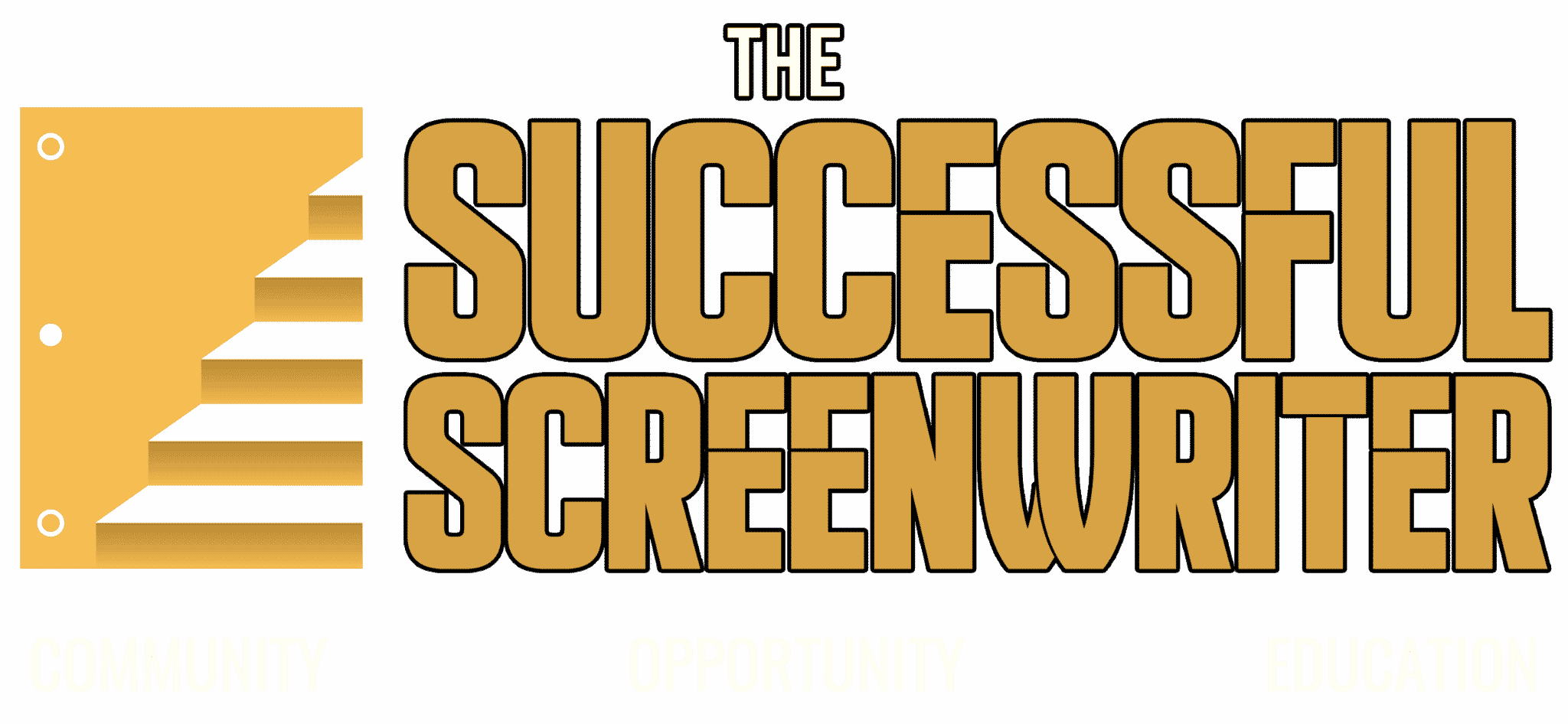Breaking into the screenwriting industry doesn’t require a zip code in Los Angeles. Armed with passion, persistence, and a bit of insider knowledge, you can make significant strides from wherever you are. Having interviewed over 200 filmmakers for The Successful Screenwriter Podcast who have made it in the film industry I have compiled their advice into these 10 strategies to launch your screenwriting career to new heights, without stepping foot in Hollywood.
1. Master the Art of Screenwriting
Dedicate yourself to learning every facet of screenwriting. This means not just understanding the basics of structure, character, and dialogue but delving into the subtleties that make stories resonate. Study classic and contemporary screenplays, analyze films critically, and stay abreast of industry trends. Commit to continuous learning and improvement—consider every script an opportunity to refine your craft.
2. Develop a Diverse and Polished Portfolio
A compelling portfolio showcases your versatility and readiness to tackle various projects. Start with short scripts to practice and perfect your craft, then gradually build up to more complex works like feature films and television pilots in different genres. Each piece should not only demonstrate your unique voice and storytelling ability but also your commitment to craft and attention to detail. Finally once you have found a genre you excel at then triple down with at least 3 great scripts in that genre as an interested producer always asks “what else do you have like this?”
3. Forge Connections in Your Local Film Community
The global film industry is vast, and opportunities exist far beyond the confines of Hollywood. Engage with your local film scene by attending festivals, workshops, and networking events. Building relationships with local filmmakers can lead to collaboration opportunities and provide a supportive community of peers who understand the challenges and rewards of the screenwriting journey. A great way to do this is through local film festivals especially 48 hour film competitions where you spend a weekend with a team making a film. By the end you will have forged new friendships and networked.
4. Leverage the Power of Online Platforms
The internet has democratized access to the film industry, making it easier than ever to connect with collaborators, mentors, and decision-makers worldwide. Utilize platforms specifically designed for screenwriters and filmmakers to pitch your scripts, showcase your portfolio, and network. These platforms can also be invaluable for receiving feedback, finding scriptwriting jobs, and staying informed about industry news and trends. InkTip is a fantastic way to do this!
5. Actively Seek and Embrace Feedback
Feedback is a crucial component of the writing process. Constructive criticism from trusted peers, mentors, or professional script consultants can provide insights you might have missed and help improve your work significantly. Learn to accept feedback graciously and use it to make your scripts stronger and more compelling. Make sure you are getting at least 3 rounds of feedback.
6. Commit to the Process of Writing and Rewriting
Writing is only the beginning; rewriting is where your script truly takes shape. Be prepared to revise your work multiple times, refining dialogue, deepening characters, and tightening the plot. Each revision should bring your script closer to its best possible version, making it more attractive to potential buyers and collaborators.
7. Network Beyond Your Immediate Circle
Don’t limit your networking efforts to local events. Engage with the broader industry through film festivals, online forums, social media, and industry conferences. These connections can open doors to opportunities you might not find locally, providing a broader platform for your work and allowing you to learn from a diverse range of professionals. Try using Linkedin. It’s my secret weapon.
8. Utilize Screenwriting Competitions and Fellowships
Competitions and fellowships offer more than just prizes; they provide visibility, credibility, and the chance to connect with industry professionals. Research and select competitions that align with your genre and style, and take advantage of any feedback or networking opportunities they offer. A win or even a finalist position can be a boost to your screenwriting resume.
9. Collaborate on Projects and Gain Practical Experience
Look for opportunities to collaborate on film and television projects in your area. Whether it’s writing for a local indie film, creating content for a web series, or contributing to a community theater project, practical experience is invaluable. These collaborations can enhance your portfolio, deepen your understanding of the production process, and expand your professional network.
10. Write for the Digital Age
The proliferation of streaming services and online content platforms has created new opportunities for screenwriters. Consider writing for digital formats, such as web series, podcasts, YouTube shows, or interactive media. These platforms often have lower barriers to entry and can provide a unique space to showcase your talent and creativity to a global audience. There are paying gigs available for these on such platfroms as Upwork, Freelancer, and even Fiverr. The pay tends to be low but I have seen some writer make 6 figures doing it.
Conclusion: Carving Your Unique Path to Screenwriting Success
The journey to becoming a successful screenwriter is as unique as your voice. By embracing these ten unconventional strategies, you’re not just bypassing the traditional Hollywood route; you’re carving a path that leverages your strengths, connections, and creativity. Remember with determination and innovation, your screenwriting dreams are within reach, no matter where you start.

